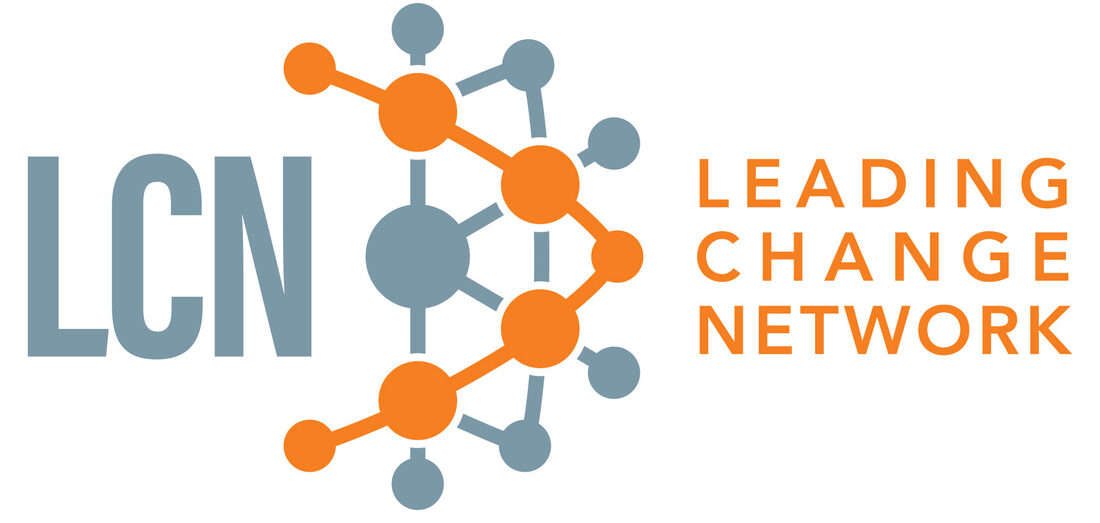|
It’s finally, officially summer, and I am loving the pace, with a more gentle start to our days and breaks built in to read outside.
Admittedly, it’s largely fiction books in hammocks for me in the summer, so I don’t have much substance to bring you from my reading. However, I’ve had some opportunities lately to practice shifting from certainty to curiosity and from activism to organizing, and I thought sharing these stories may help you find spots to try this in your own life. (If you feel like it. I’m not trying to tell you what to do.)
0 Comments
I recently finished Charles Duhigg’s Supercommunicators: How to Unlock the Secret Language of Connection. It’s a great book in an easy-to-read style, and I recommend it to anyone interested in having better conversations.
The part I want to share today is the importance of knowing what kind of conversation we are in. It sounds obvious, and it is a just a slightly more nuanced version of what we have all heard before: “Unless we know what kind of discussion we’re hoping for--and what type of discussion our companions want--we’re at a disadvantage. We might want to discuss practicalities while our partner wants to share their feelings. We might want to gossip while they want to make plans. If we’re not having the same kind of conversation, we’re unlikely to connect.” Over the years, I have signed up for the mailing lists of several organizations doing great work. I regularly receive thought-provoking and inspiring articles in my inbox.
A few weeks ago, I received three emails highlighting three very different articles
Now, if you’ve been here long, you know I have a bit of an ongoing internal struggle with the tension between trying to engage decision makers in meaningful discussion and marching in the streets as changemaking strategies. Not that either are good or bad, right or wrong, effective or ineffective, but more a question of which style is more good/right/effective for me? If systems change requires the full spectrum from delegating at city hall to chaining ourselves to trees, where do I fit? What is my role and where do I bring the most value? A small, committed group changes the world, yes, but what is the group DOING, Margaret Meed?? Sometimes I compartmentalize my work. Over here, I’m working on a report. Over here, I’m planning a meeting. Over here, I’m writing a book.
And then an opportunity presents itself out of the blue, and I look at it and think, I cannot add another separate thing. My brain is compartmentalized to the max. This happened ten years ago when the Action Hepatitis Canada role was offered to me. At the time I already had 4 jobs and so even though I was interested, I thought, what am I doing with my life? I can’t take a 5th job. I’ll look like I don’t know what I want to be when I grow up. But a friend helped me see the throughline of advocacy across all of my contracts: 5 expressions of the same thing. MY thing. Once my 5 roles felt cohesive, the compartmentalization fell away, and I felt really good about my work. I've been at a conference for most of the week, and I need to unplug for a bit, so today's post will be a short one, with three quick resources I'm really finding useful and inspiring lately.
We survived January! It’s always a long month for me and this one was no exception. And though the days were gray and the nights were long, I love having things to look forward to and some lovely invitations from others and plan-hatching of my own are getting me through. That, and giving in to the season and curling up with good books in my PJs shortly after dinner.
One of the books I’ve finally been tackling is Case Made! By Dr. Tiffany Manuel. Tiffany lays out ten principles for making a strong case for the changes we want to make. One of them was new to me, based on a technique called anchoring, so I wanted to share that with you today. Happy New Year! Today, I am celebrating my 43rd birthday and the 3-year anniversary of Disrupt For Good. It all began with my New Year’s Revolution/40th Birthday Manifesto. And as I think about shifts, it’s interesting to notice the shifts I’ve made myself in three years.
In 2023, we explored a range of topics here, starting with a good old-fashioned rant about women’s rage, then moving to influence and word choice, raising disruptive kids, and even the value of staying curious, before sharing this fall my initial thoughts on some important shifts for those of us in the social service sector. Whether you’ve been here since day one or you’re new, thanks for joining in the conversation about how to disrupt the social services sector for good and intentionally centre our work in justice approaches. I want to share just a few thoughts as we all transition from 2023 to 2024. It has been a very full month. I started November in Ottawa with my rare blood disorder group, hosting meetings including a two-hour roundtable discussion with patients, policymakers, physicians, and pharma reps, where we talked about the best path forward for timely and equitable access to new therapies coming to market. It also included a really hard conversation about historical and ongoing anti-Back racism in blood donation and the outsized impact that is having on the Sickle Cell community.
Often when I sit down to write here, it is to share my favourite takeaways from a book I have just read. But sometimes, I write to share something that a friend of mine generously calls my “thought scholarship,” aka my own hot takes on what’s going on, or synthesizing and making connections between a few ideas that I’ve read or heard recently.
This month it’s the second kind. It’s NaNoWriMo (National Novel Writing Month). I’m not writing a novel, but I am writing a book. So today, I’m sharing a little bit about what I’m writing, what’s shaping it, and why I think it matters. The core of the book is a number of shifts I think we need to make and how to get started - I’ve shared many of them here over the last few years: As a devout housing advocate, I’ve used the term housing crisis many times in the last several years. But in The Tenant Class, author Ricardo Tranjan makes a compelling case that the housing crisis…is a myth.
|
AuthorI'm Jennifer. I am an advocacy and communications strategist working with multiple charities and nonprofits. And I want to disrupt our sector for good. Archives
April 2024
Categories |


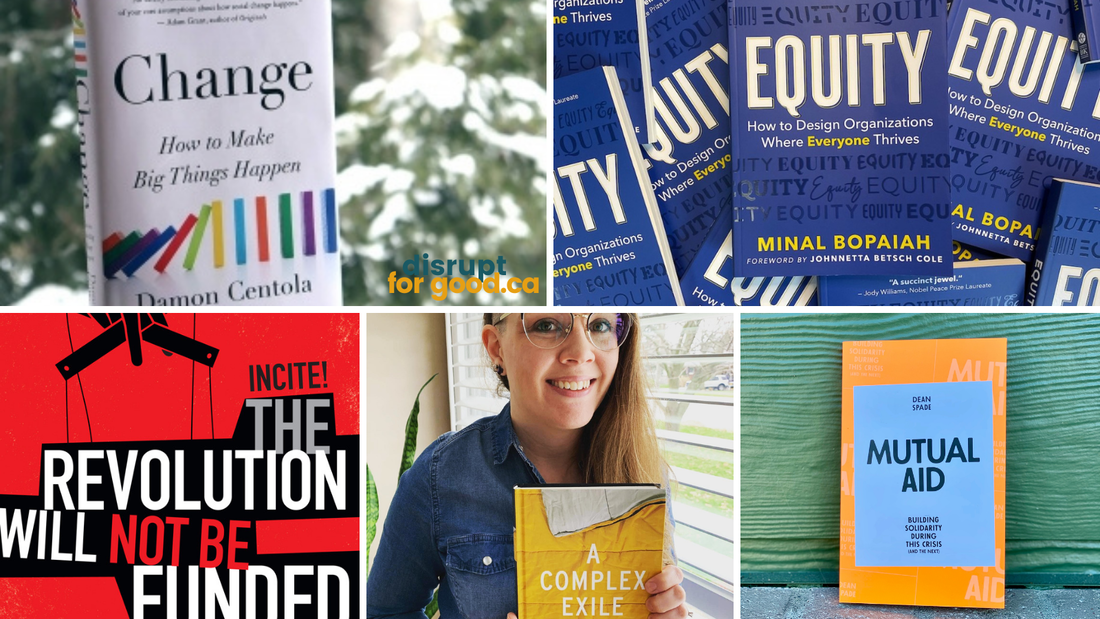
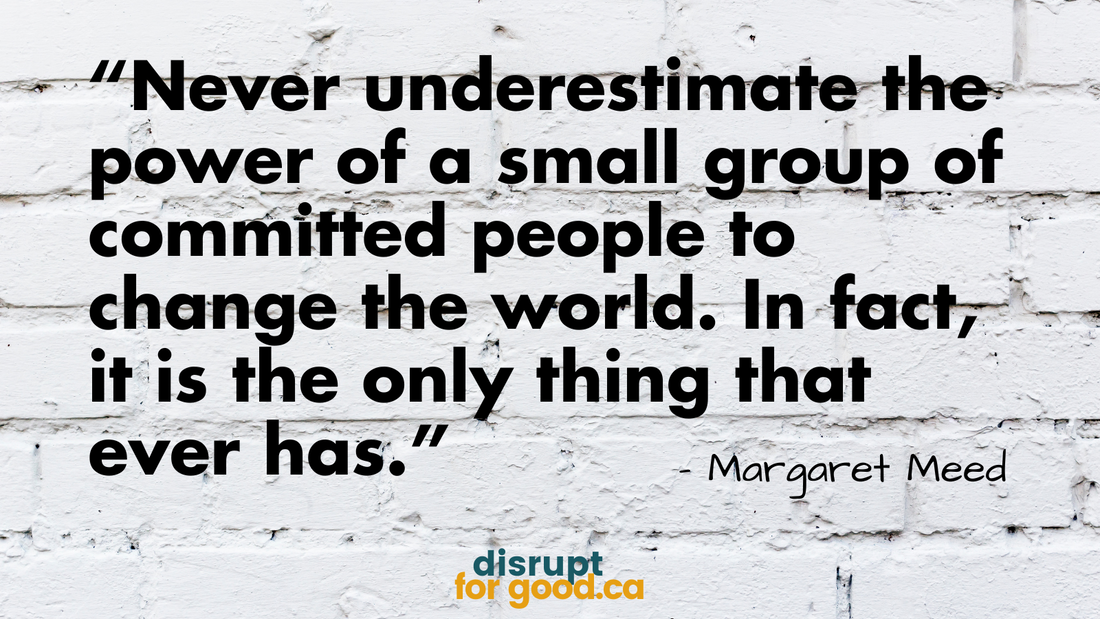
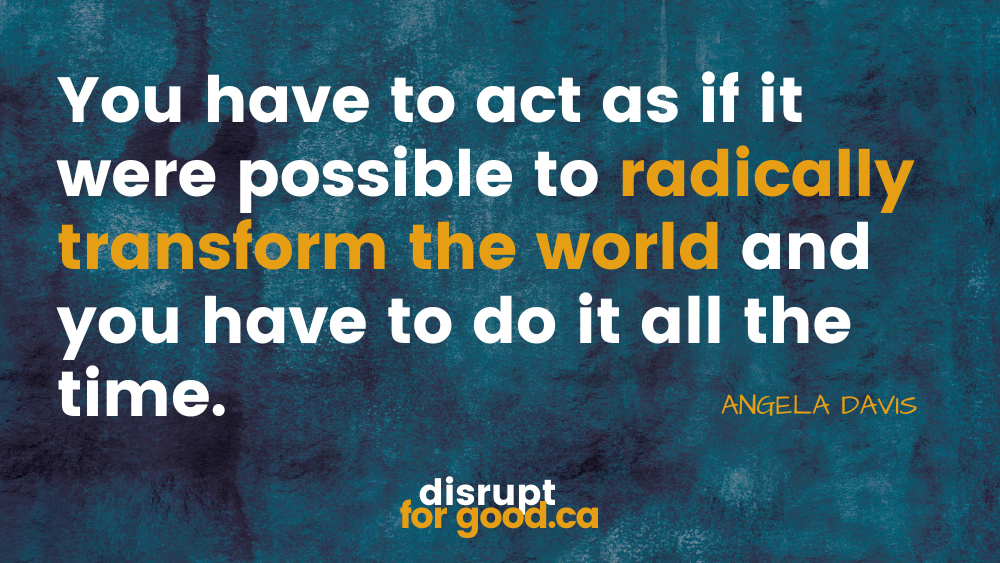
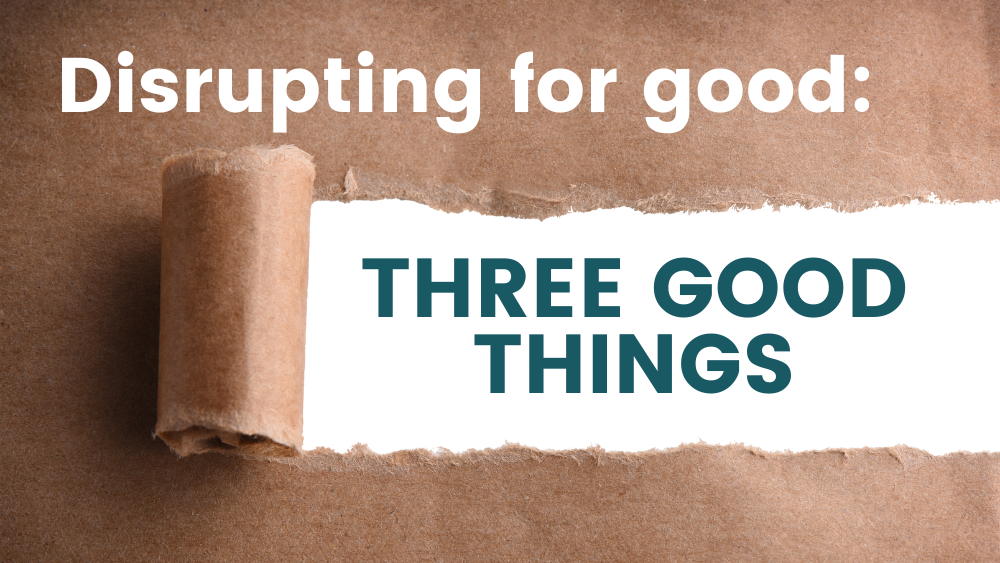
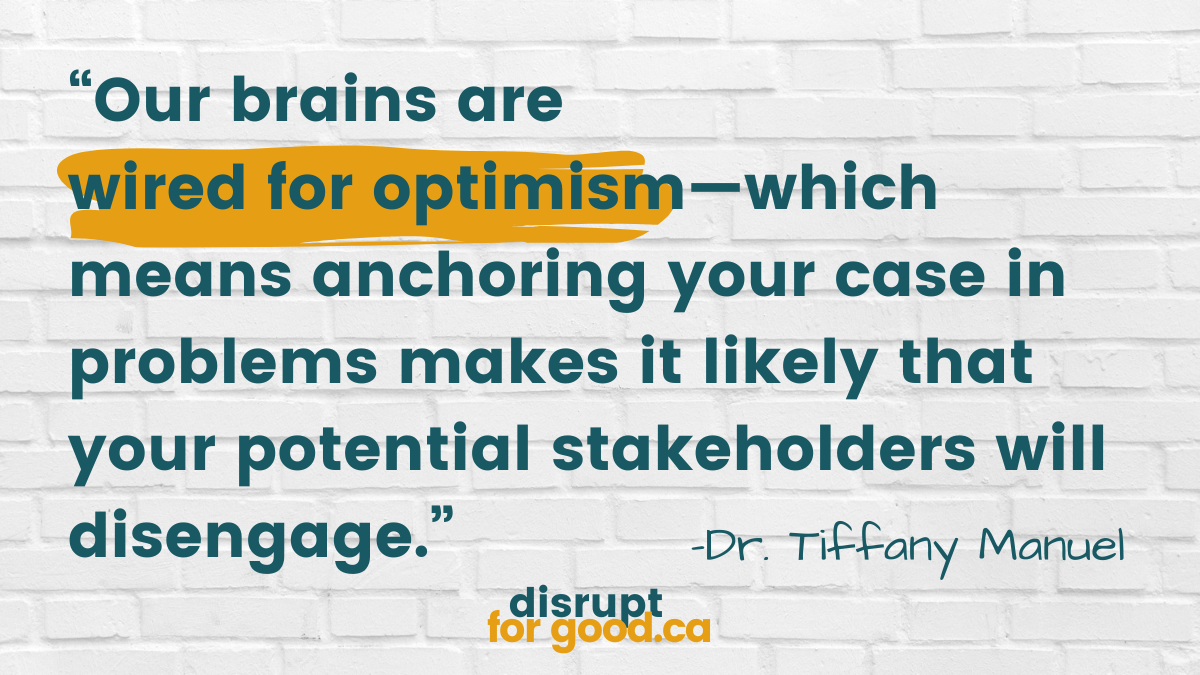
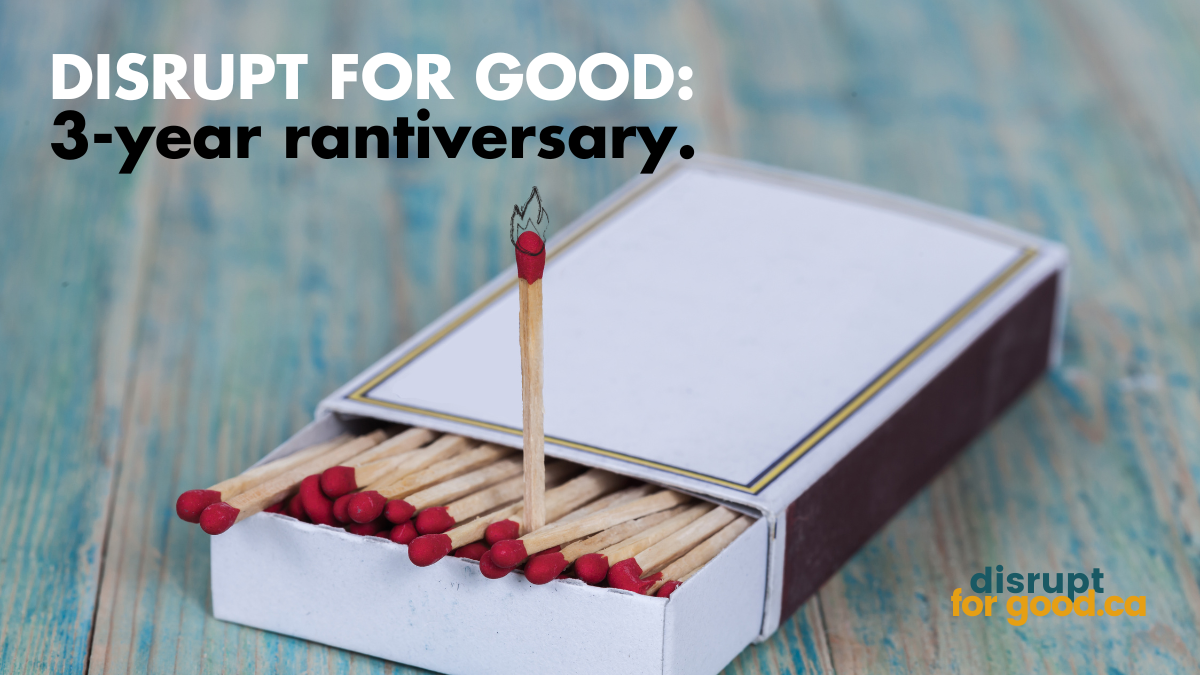
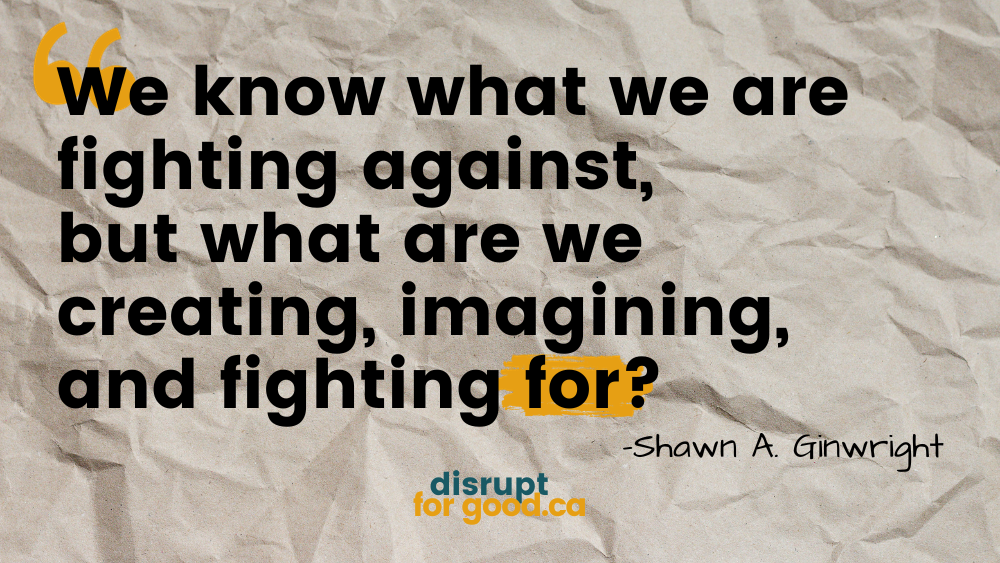
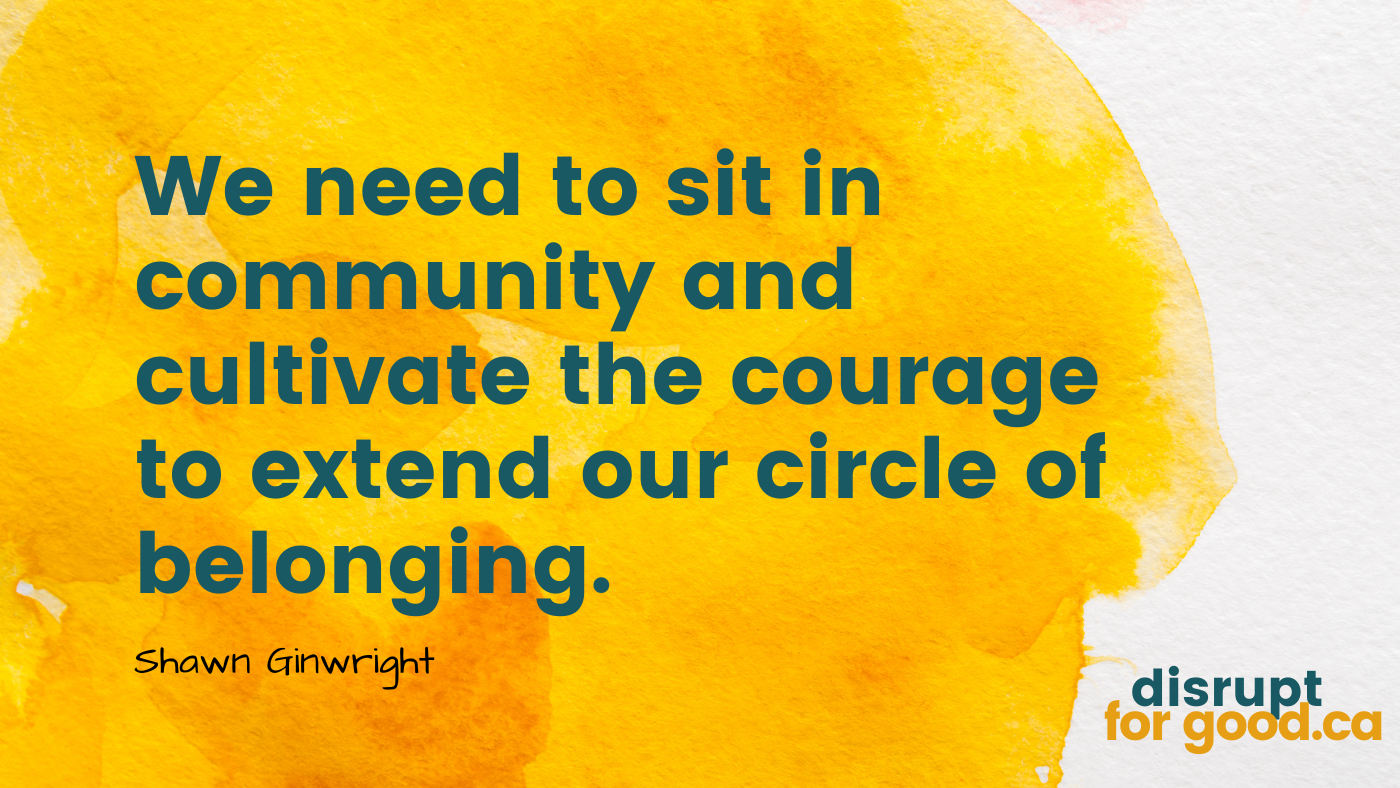
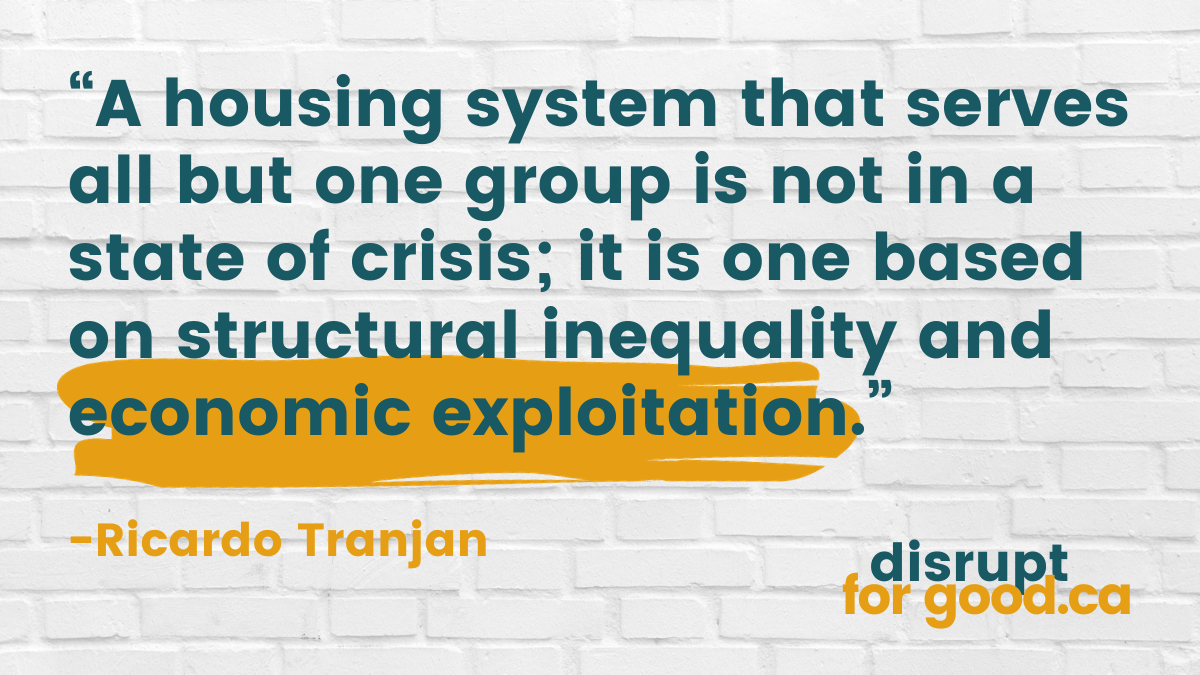
 RSS Feed
RSS Feed
